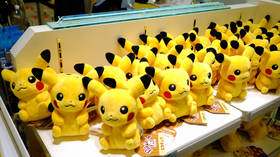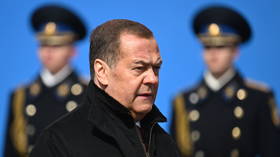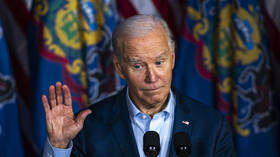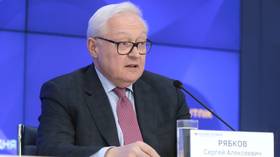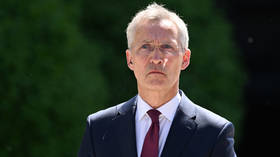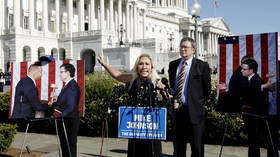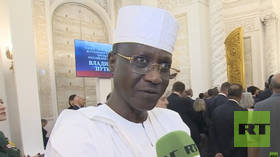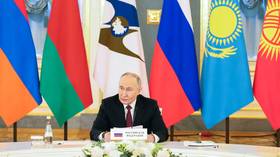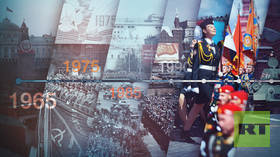Japan complains about Russian victory celebration
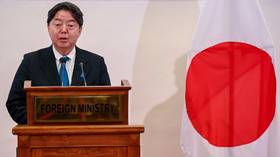
Japanese Foreign Minister Yoshimasa Hayashi has expressed regret over Russia’s decision to declare September 3 the Day of Victory over Militaristic Japan and the End of World War II.
Addressing the issue at a press conference on Friday, Hayashi said, “we’ve made our representations to them and hope that there’s no emotional confrontation” between Tokyo and Moscow over Russia’s renamed holiday.
“A series of events is being planned for the Northern Territories and various places in Russia” on September 3, but as a member of the Japanese government, he won’t comment on them, the foreign minister added.
Japan refers to parts of Russia’s Kuril Islands as the Northern Territories, which it claims have been occupied by Moscow after WWII.
In late June, Russian President Vladimir Putin signed a law to rename the Day of Military Glory, celebrated on September 3, the Day of Victory over Militaristic Japan and the End of World War II.
Hayashi’s comments on Friday echoed those previously made by Chief Cabinet Secretary Hirokazu Matsuno, who called Russia’s move “extremely regrettable” and warned that it “could not only stir anti-Japanese sentiment among the Russian people, but may also lead to anti-Russian sentiment among the Japanese people.”
Russia and Japan have failed to reach a post-WWII settlement and have officially remained at war for almost eight decades. The stumbling block for the peace treaty is Tokyo’s claim to four of the islands in the Kuril Archipelago, which the Soviet Union captured during the war. In the San Francisco Treaty of 1951, Japan relinquished its claims to the Kurils but later claimed that those islands were never a part of the archipelago.
Earlier this year, Russia’s Foreign Ministry reiterated that “the subject of a peace treaty [with Tokyo]… has been closed for us.” According to Moscow, Japan’s “unfriendly” stance, supporting Ukraine in the conflict with Russia and joining the Western sanctions against the country, makes any further negotiations impossible.
